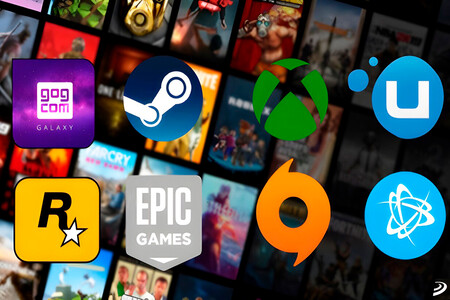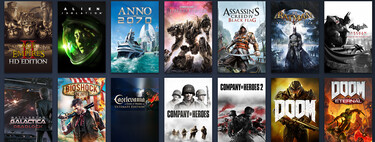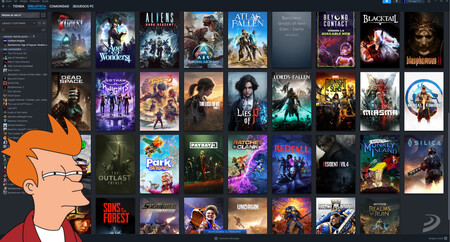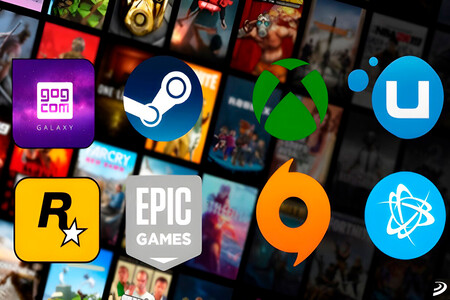The preservation of video games is an increasingly urgent topic for gamers, and the participation of historians and archivists is necessary for this task to be carried out. Video games are part of modern history, and the disappearance of classic works means erasing an important part of the past of this industry. However, the preservation of these video games faces a significant obstacle.
In this case, we refer to the copyright laws, which protect the rights of creators but also pose a barrier to accessing old games for both the public and historians involved in their preservation. Thus, the Video Game History Foundation (VGHF) tried to push for a change in the U.S. Copyright Law that would allow the remote sharing of game libraries that are no longer on the market.


GOG is the only DRM-free PC gaming store that focuses on preserving video games.
However, this measure has been rejected by the U.S. Copyright Office, meaning that these games will remain protected by legal restrictions that limit access for both researchers and preservation efforts (via PC Gamer). This denial has sparked discontent among historians and organizations dedicated to video game preservation. Therefore, the VGHF has stated that, following this rejection, they are forced to explore ‘extra-legal methods’ to access most of these games.
Since last year, it has been known that “87% of classic games are critically endangered” and at risk of disappearing if the issue is not addressed with measures that allow the sharing of older digital game libraries. This is not new, as the ESA, creators of E3, has repeatedly refused to create conservation libraries, and in recent days, the organization has argued that remote access to these classic games would jeopardize an active market for classic games.

Furthermore, the ESA has indicated that the VGHF has not specified what kind of access controls are necessary to enable preservation libraries. Despite the setback, the foundation dedicated to the history of video games has made it clear that they will not abandon their mission and will continue to advocate for greater freedom to preserve old works. Nevertheless, the VGHF is hopeful that future revisions of the U.S. Copyright Law will consider the historical value of these games and allow their preservation for future generations.


Apart from the preservation of classic games, there is a debate in the industry because you don’t own the games you buy.
Many historians, archivists, and gamers have reacted to the news and consider this denial worrying as it restricts access to a large part of the digital cultural heritage representing the history of video games, making their preservation and study difficult. This situation could lead to the disappearance of titles that could otherwise be significant for research and historical knowledge of the medium.
The solution lies in using extra-legal methods to preserve classic video games
According to the ruling, “advocates for video game preservation have not fulfilled their obligation to demonstrate that reproducing works to allow simultaneous use of multiple copies in the computer program category is likely to be fair.” On the other hand, the VGHF responded as follows. “Unfortunately, the efforts of copyright groups continue to hinder progress,” they state.

“During our meeting with the Copyright Office, ESA stated that they would never support remote access to games for research purposes under any circumstances. The absolutist stance of the video game industry – which ESA members have refused to publicly endorse – forced researchers to explore extra-legal methods to access the vast majority of discontinued games that are otherwise inaccessible,” they affirm.
For this reason, the VGHF will not stop fighting. “We will continue our advocacy to achieve greater access and legal permissions for video game preservation, and we will work with industry members to raise internal awareness of these issues.” Ultimately, the denial of the DMCA exemption represents a hard blow to video game preservation efforts, but it does not stop the work of this foundation.
In 3DJuegos | What happens to your games on Steam, PlayStation, Xbox, or Nintendo if their digital stores close?
In 3DJuegos | The ultimate guide to finding a job in the video game industry


